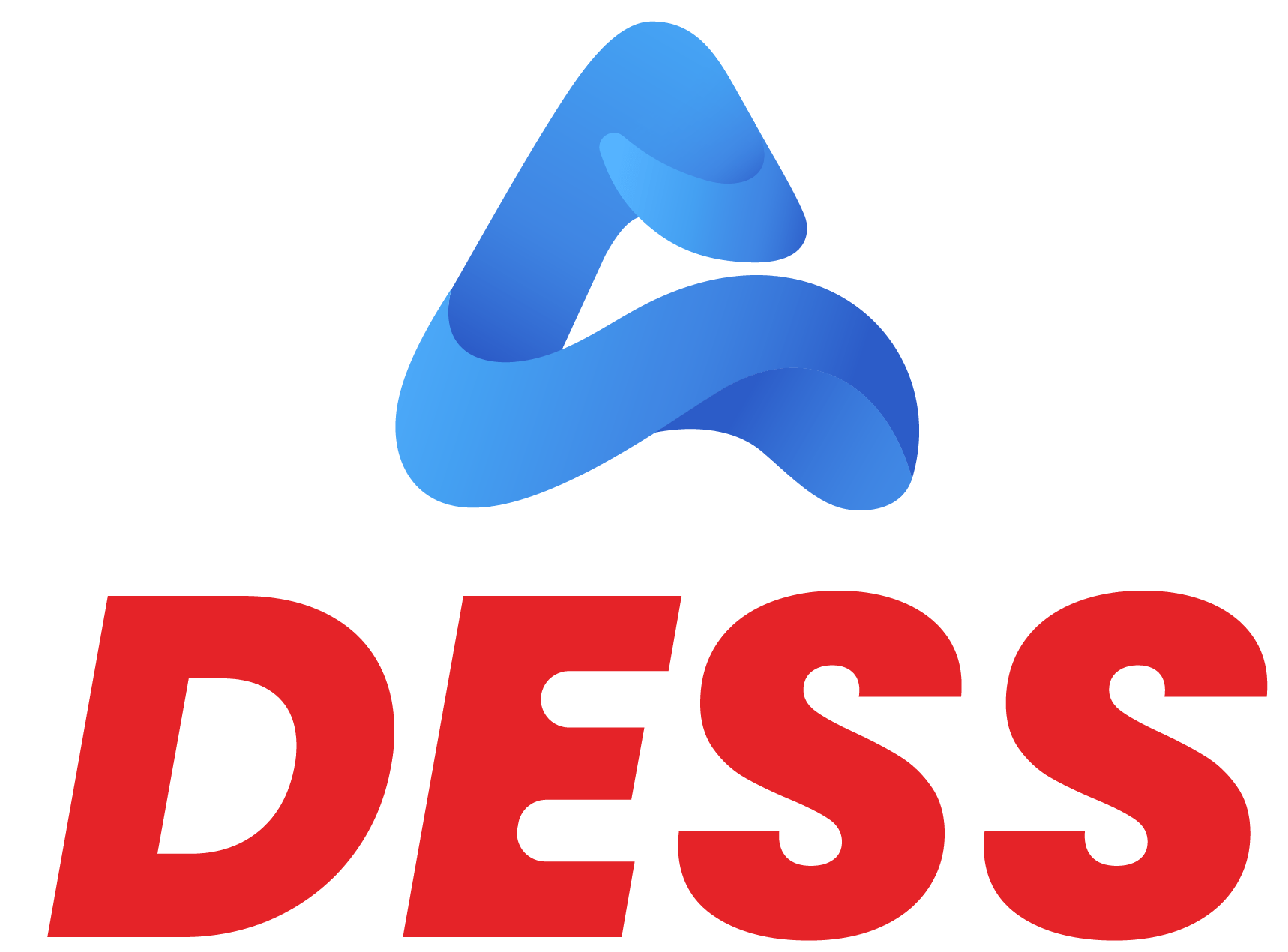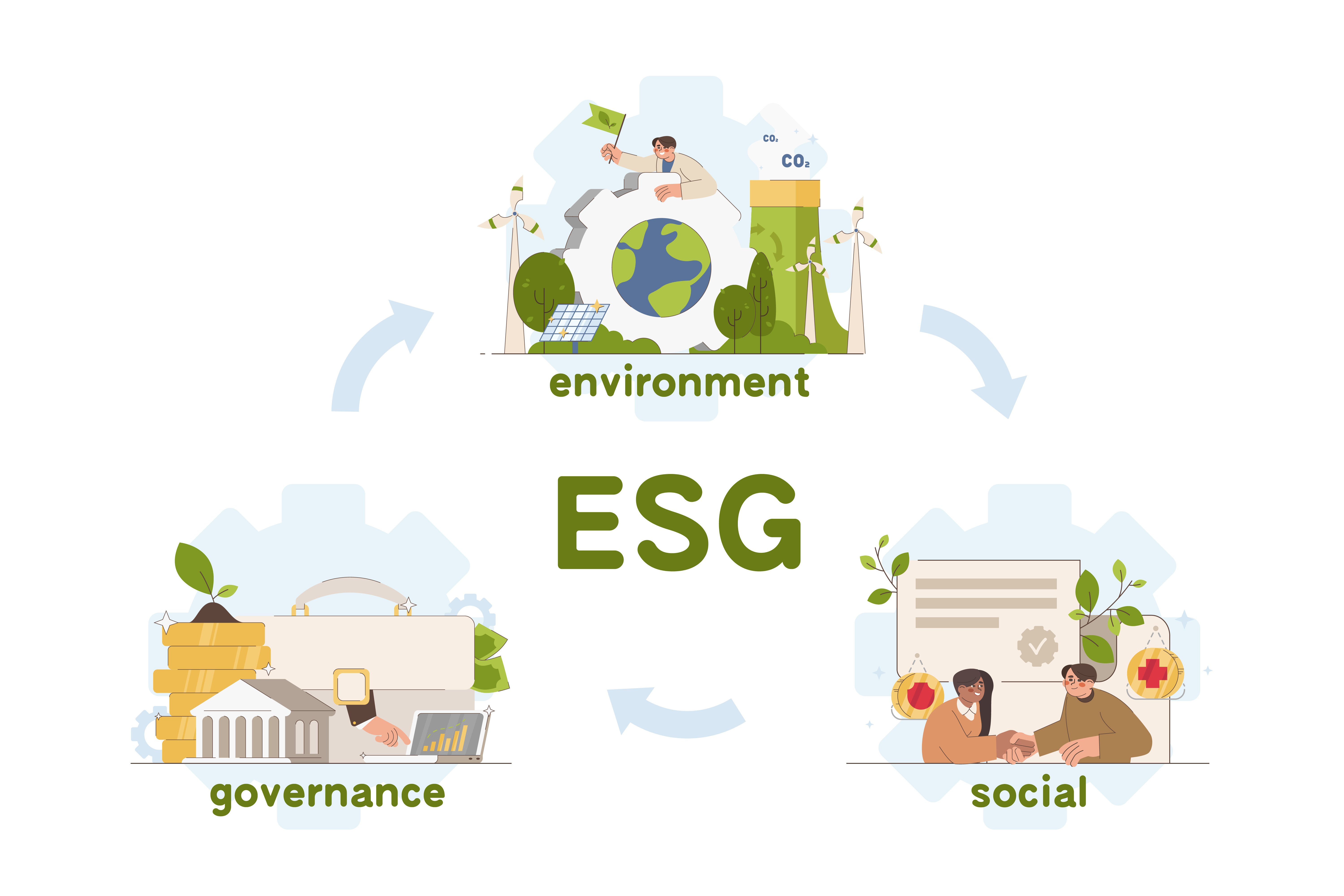
Introduction
A school board, college board, university board, senate or any other educational board can be defined as a governing body that is in charge of managing the educational system within a certain jurisdiction. This covers the creation of educational policy, planning of curriculum, use of assessment techniques, general improvement of the student learning process in addition to daily operations as well as maintaining compliance with different regulatory authorities.
Educational boards are responsible for making important decisions that impact the lives of
students, teachers, and staff in addition to local communities. These decisions are often based on data from a diverse set of sources including internal departments, external regulators in addition to other stakeholders. A recent article in the Harvard Business Review written by Kenneth R. Lutchen, Boston University’s Interim Provost & Chief Academic Officer, states that school and universities need improved collaboration through inclusion of advisory boards and these boards can be charged with providing critical technological skills to institutions which then improves the institute’s facilities as well as its workforce productivity. To achieve such efficient levels of collaboration, the quality and ease of access to important board-level data becomes increasingly important. In this blog post, we will discuss the challenges that school and college boards face when it comes to collaboration and board data access and how technology can help them overcome these challenges.
The Challenges of Collaboration and Board Data Access
School and college boards face diverse challenges when it comes to collaboration and board data access. These include delayed access to critical board information, logistical problems in getting board data from different departments, integrating modern technologies with changing teaching approaches, managing communication channels from teaching and non-teaching departments, coordinating conflicting schedules of board members as well as attendees and faculties among other challenges.
Additionally, school boards, college boards and university boards are required to maintain compliance with varying regulatory authorities in addition to fulfilling expectations of students, parents, parent-teacher associations among other stakeholders. Non-compliance at the board level can lead to regulatory, financial and legal consequences as well as create reputational and credibility concerns with students. Educational boards face challenges in complying with regulations related to data privacy, security, and accessibility, which can result in legal and financial consequences
One of the primary purposes of these school boards, college boards and university boards is to fix the problem of limited transparency which is another challenge that boards face. They are required to publish financial records, infrastructural details, operational highlights among other information which conveys their decision-making processes and helps stakeholders as well as local communities with access to relevant data. With such an extensive set of documents required as a part of school board management, it becomes challenging to maintain effective board collaboration and data access for a diverse set of stakeholders and with a vast set of documents. In addition to the distribution of information, managing communication with board stakeholders can also be challenging as it involves two-way communication at multiple stages such as scheduling board meetings, circulating meeting notice, drafting and approving minutes of meetings, collecting polls and voting from different stakeholders, releasing minutes of meetings among other activities. Hence, in addition to being crucial for the distribution of important information, effective board communication is necessary to avoid miscommunication, conflicts and inefficient agendas.
How Technology Can Help
Technology can help educational boards overcome these challenges by providing tools such as quick access to board agendas and minutes, secure board information storage, electronic signatures and voting. For instance, agenda management using technology can help easily prepare board agendas, involve different internal approvers and reviewers, seamlessly distribute agendas and help boards on-the-go access board information. Electronic signatures can help school boards and college boards streamline their workflows and reduce the time and effort required to sign documents. Voting tools can help school boards and college boards make informed decisions and improve their decision-making processes when dealing with sensitive data. Secure document storage allows educational boards to store data securely and access it when needed. Electronic signatures make it easy to sign and share documents securely. Voting tools allow educational boards to make decisions quickly and efficiently.
Technology promotes informed decision-making by improving board communication and board agenda distribution among members. Board members can collaborate in real time more effectively as well. Technology also makes agenda sharing, workflows and project management more efficient, which boosts board productivity, involves stakeholders, and reduces administrative workloads. Data-driven decision-making is further made possible by technology, which gives board members and the board secretary quick access to pertinent board information and improves engagement, which encourages greater contributions from a variety of members. Similarly, technology at the board level can help school boards and college boards with detailed data analytics. These tools can help school boards and college boards identify upcoming trends as well as locate a diverse set of data from their board activities leading to improved decision-making. .
Dess Digital Meetings is a board portal solution that can help school boards and college boards with board collaboration and seamless board data access facilities. With Dess, school boards and college boards can easily prepare agendas and minutes, distribute and store board data securely and seamlessly. The board management software also helps with all pre-meetings, during-meetings and post-meetings activities including action tracking, polls and voting, resolutions, attendance, archival, board performance evaluation among other activities. provides secure document storage, electronic signatures, and voting tools that can help educational boards make informed decisions and improve their decision-making processes. Dess also comes with a complete compliance management system that helps school boards and college boards track compliances and prepare related forms and documents
Current Trends in School Boards and College Boards Technology
Artificial intelligence, data analytics, adaptive learning, machine learning and blockchain are some of the current trends in school boards and college boards technology. These technologies can help school boards and college boards improve their overall board management and collaboration. For instance, the use of artificial intelligence in board collaboration can help analyze vast sets of data and identify different patterns. Machine learning can help boards make predictions based on present and past meetings agendas. Blockchain offers a decentralized solution that simplifies administrative tasks like managing academic records and verifying credentials.
Conclusion
In conclusion, board collaboration and seamless board data access are critical for the modern school boards and college boards. While school boards and college boards experience diverse challenges, but the right technology can help them overcome these collaboration and board data access challenges. By providing tools such as end-to-end agenda management, minutes management, voting and polling, resolution, evaluation, digital signature, digital attendance among other facilities, boards can improve their decision-making processes and strengthen their governance standards as well as stakeholder engagement in addition to regulatory compliances. In an increasingly technological and globally connected world, school boards and college boards are swiftly moving towards such technology which provides a wide range of benefits for board management and it is important for school boards and college boards to increasingly engage with the right technology partner to achieve further advancements in board collaboration and board data access.
To address these challenges, educational boards can leverage technology to improve their data access and risk mitigation practices. For instance, secure document storage can help educational boards store sensitive data securely. Electronic signatures can help educational boards streamline their workflows and reduce the time and effort required to sign documents. Voting tools can help educational boards make informed decisions and improve their decision-making processes.
Leading school boards and college boards have selected Dess Digital Meetings as the reliable and trusted software solution for board collaboration and board management. Dess is one such software that is designed to streamline meetings and collaboration before, during, and after meetings, thereby helping school boards and college boards continue to work efficiently and effectively on essential meeting agenda items. Dess has been evaluated and selected by educational institutions as the preferred choice for board meetings software. It helps in the quick preparation and distribution of meeting agendas, actions and task management, video and audio conferencing integration, voting and polling, note taking and minutes preparation, e-signing among end-to-end board management.
About Us:
Used by leading boards around the world, Dess Digital Meetings has evolved to become the most complete board meetings solution. Going beyond limited tools, paper, or emails, we strive to make board meetings and leadership collaboration more efficient and effective. Our board portal solution is very easy to use, thereby serving board members and leadership of diverse age-groups.
As every board and organization has its own culture, we engage closely to understand the pain areas of boards, leadership, and corporate governance professionals to provide board management software that perfectly suits you.
To help with the complete advantage of digital, our solution holistically covers agenda management, board performance evaluation, minutes management, workflow and collaboration, and document approvals, among various areas. With 24×7 support and handholding, Dess has become the trusted board portal solution for end-to-end board management activities, with over 10 years of reliability and insights.

